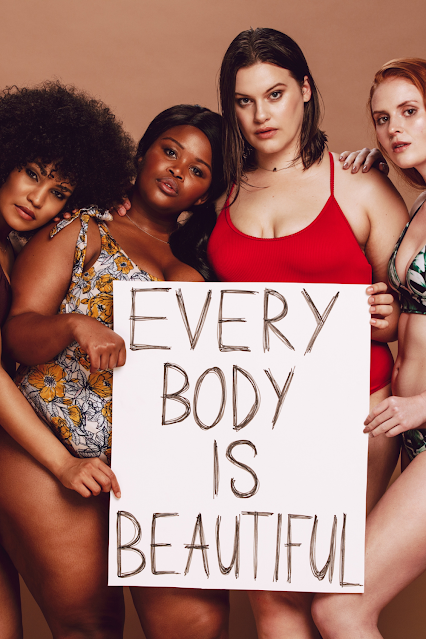Are you scrolling through social media and feeling like everyone else has a flawless body? The truth is that those carefully curated feeds create an unrealistic standard of beauty that leaves us feeling down about ourselves. Don’t be so hard on yourself because people out in the actual world don’t really look like that.
A negative opinion of your body image is a common symptom of eating disorders but not a character flaw. This negativity can make it hard to see yourself clearly and appreciate your body's daily roles and functionalities. The professional therapists of eating disorder recovery at Kahm Center say that having a negative idea of your body image is a major issue and a risk factor for developing eating disorders. Let’s discuss this in detail.
The Impact of Negative Body Image
Negative body image refers to having a distorted view of your physical appearance. You might be obsessed with flaws or believe you’re overweight or obese when you’re not. This negativity can impact your self-esteem and mental well-being.
People with eating disorders often develop a preoccupation with weight and shape. They may believe that their worth is tied to their appearance and engage in unhealthy behaviors like excessive dieting, purging, or overeating to control their weight.
Here’s how negative body image can fuel eating disorders:
People with negative perceptions of their bodies may feel intense dissatisfaction with themselves. This dissatisfaction can lead to a desire to change their appearance at any cost, even if it means relying on unhealthy habits.
Negative body image can create an obsession with weight and size. People with eating disorders may weigh themselves multiple times a day, and their entire day may revolve around food and exercise.
The fear of weight gain is a common feature of eating disorders. People with negative body image may be terrified of gaining weight, even a few pounds, and this fear can drive them to restrict their food intake or purge after eating.
Negative body image can take a toll on self-esteem. People with eating disorders may feel worthless or ashamed of their bodies, which can cause depression, anxiety, and social isolation.
Strategies to Challenge These Negative Thoughts
If you are struggling with a negative body image or an eating disorder, be hopeful. You can always seek professional help. However, there are some strategies you can use to challenge these negative thoughts and create a healthier relationship with your body.
Social media can be a breeding ground for bad body image. Most of the pictures we see are airbrushed and filtered to perfection. Instead of following accounts that make you feel bad about yourself, curate a feed that celebrates body positivity and inclusivity. Identify accounts that promote self-love, acceptance, and realistic body types.
Our bodies allow us to move, dance, hug the people we love, and experience all the beauty of the world around us. Instead of focusing on flaws, start appreciating everything your body can do. Write down a list of things you appreciate about your body, its strength, resilience, and all that it allows you to do.
When you start to have a negative thought about your body, challenge it. Ask yourself if the thought is realistic or helpful. Accept your body for what it is. Your body deserves all your respect. But this doesn’t mean you have to love every part of your body, but it means that you can accept it and treat it with kindness.
Instead of focusing on how your body looks, focus on how it feels and what it can achieve. Can you feel your strong legs carrying you as you walk? Can you feel your lungs working as you breathe? Appreciate your body for all that it allows you to do.
Make time for activities that make you feel good, such as getting enough sleep, eating healthy foods, and exercising in a way that you enjoy. Taking care of yourself physically and emotionally will help you feel better about yourself overall. When you feel good in your clothes, it shows. Find clothes that flatter your figure and make you feel confident.
Final Words
Healing from a negative body image and an eating disorder takes time. You’ll face setbacks and criticisms but must ignore them and focus on being kind to yourself. Repeat positive statements about yourself in front of the mirror. Once you start appreciating your body, you’ll find ways to look fit and feel good about yourself.







